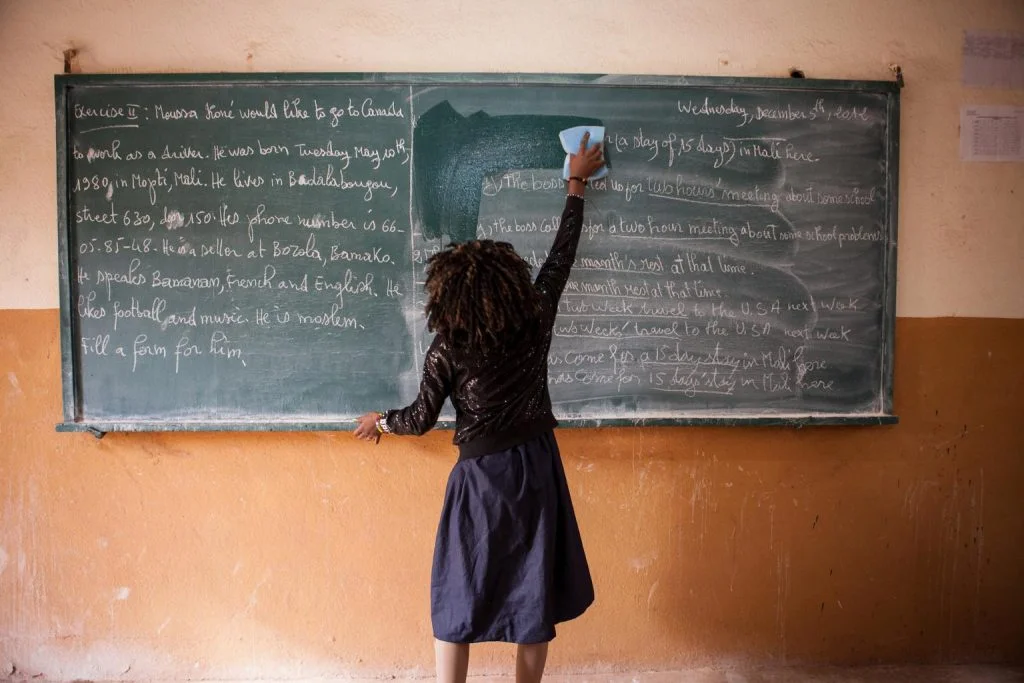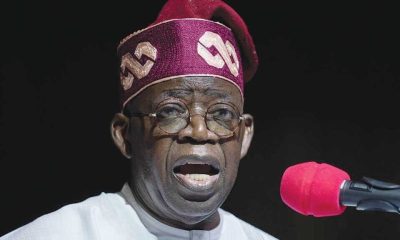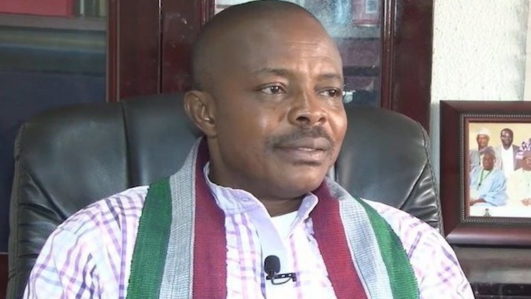While Nigerians are still trying to adjust to the present economic reality, the Federal Government and private school owners in some parts of the country, especially the Federal Capital Territory, FCT, Abuja and Lagos State have announced upward review of tuition fees.
The development has further worsened the frustration of Nigerians who have in the past few days lamented the unbearable hardship imposed on them owing to the removal of fuel subsidy.
The fuel subsidy removal which led to the astronomical hike in fuel price, has affected the price of other essential goods and services, including food items, transportation fare, and others.
Following the suspension of the subsidy payment announced by President Bola Tinubu on May 29, the Nigerian National Petroleum Company Limited, NNPCL, approved an upward review in the pump price of the Premium Motor Spirit, PMS, otherwise known as petrol nationwide.
The adjustment moved the pump price from N194 to as high as N557 and above.
While the widespread anger, frustration and uproar continue across the country with Nigerians figuring out means to survive, the Federal Government on Friday announced an upward review of tuition fee of all Federal Government Colleges, FGCs, also known as federal unity colleges from ₦45,000 to ₦100,000.
The latest development was contained in a directive from the Office of the Director of Senior Secondary Education Department of the Federal Ministry of Education.
The directive, which bears the reference number ADF/120/DSSE/I, was dated 25th May 2023 and addressed to all principals of Federal Unity Colleges across the country.
The circular titled, “Approved fees/charges for Federal Unity Colleges (1st Term) for new students,” signed by the Director of Senior Secondary Education, Hajia Binta Abdulkadir, indicated that new students would be paying ₦100,000 instead of the previous ₦45,000.
A few hours after the report emerged, the management of the University of Lagos, Akoka, Lagos State also announced the upward review of fees for undergraduate students in the institution.
According to reports, students of the institution who previously paid N19,000 will now be paying over a hundred thousand Naira subsequently.
It was learnt that the management has fixed new fees at N190,250 for students studying medicine, while for courses that require laboratory and studio, students are to pay N140,250.
It was also observed that some school owners in the FCT and Lagos State, particularly primary and secondary schools informed parents and guardians to prepare for a significant rise in fees when the next academic session begins in September.
Although the Public Relations Officer, FCTA Education, Mr Kabir Musa told DAILY POST on Saturday that the FCT Administration has no plan to increase tuition fees in Abuja, some private school owners have notified parents of possible upward review.
According to him, “we in the FCT have no plan to add even a Kobo to what students have been paying”.
Asked on what the FCTA would do regarding how some of the private school owners exorbitantly fix fees in Abuja, Mr Kabir lamented that “there are limits to which we can regularise the private schools in the city”.
Proprietor of His Covenant Secondary School, Bwari Area Council Abuja, Mr Raymond Onuwa said on Saturday that the removal of subsidy on petrol had hit the education sector hard, stressing that the effects would be felt more in the months ahead.
He revealed that the school management had on Friday informed parents that the current tuition fee was no longer feasible, citing the cost of maintenance.
“This fuel subsidy has affected almost everything. And that includes the education sector too. Prices of textbooks and other essential teaching materials have increased.
“Most of our teachers are saying that they will not return next term and it’s all because of money. Their salaries cannot sustain them anymore because the price of food stuff and even transportation have increased.
“So what do we do? We have to increase their take-home and that means we have to increase the tuition fee too. This is the issue that parents fail to understand,” he said.
One of the parents who identified herself as Mrs Janet Amuta, told our correspondent that the only option for her and the family “is to stop the children from schooling.”
“We have three children and they are all in this school. Since they started school, we have been paying N40,000 for each student.
“I’m hearing that they are about to increase it to N70,000. Where are we going to get that from? We have not even completed the fees for this term. We only made part payment.
“My husband is a security guard and he works in town. How much is he bringing home that will pay over N200,000 every term considering his transportation and other things? This may be the end of the road for my children”, she lamented.
Also reacting, National President of the Academic Staff Union of Universities, ASUU, Professor Emmanuel Osodeke said that the sudden move to increase tuition fee was not a new thing.
According to him, the recently passed Student Loan Act was to prepare ground for the fee increments, stating that the union foresaw it and had been kicking against it.
He said, “We have said this thing several times in the past. We said the signing of the Student Loan Bill will lead to an increase in fees. There is nothing new. It is just what we have been saying.
“The idea for the loan was to prepare the ground for them to increase school fees. That was why they signed the bill. This is what we have been fighting for since 2017.
“When we were fighting against this, the students and parents were busy abusing us, so now, we will watch them. If the things are agreeable to the parents and students, let them go ahead.”
Asked if the union would kick against universities increasing tuition fees, Profesor Osodeke simply asked, “if the parents and students say they are comfortable with it, why are we going to fight it?”

 News3 years ago
News3 years ago
 Entertainment2 years ago
Entertainment2 years ago
 News3 years ago
News3 years ago
 Privacy3 years ago
Privacy3 years ago
 Sports2 years ago
Sports2 years ago
 Entertainment2 years ago
Entertainment2 years ago
 News3 years ago
News3 years ago
 Opinion3 years ago
Opinion3 years ago













